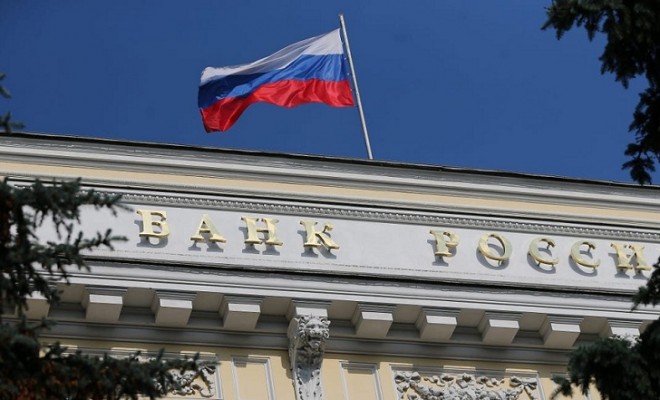
Sanctioning Russia is a long game. Here’s how to win.
Sticking to US President Joe Biden’s public pledge to “stay the course,” the White House has made clear both publicly and privately that it intends to sustain and even intensify its support for Ukraine and pressure on Russia. While military support remains the critical pillar of Western policy, especially in the short term, economic pressure is key to the longer-term goal of isolating Russian President Vladimir Putin.
The challenge facing Ukraine and its partners is the disconnect between the West’s powerful long-term sanctions and the shorter-term military advantages Russia still enjoys despite Western arms shipments to Kyiv. The US and European counterplay, therefore, is to ramp up economic pressure on Russia while helping Ukraine thwart a decisive, near-term Russian military victory. Doing so could induce Putin to settle on terms more favorable to Ukraine, rather than negotiating with him while he controls massive amounts of Ukraine’s territory.
When it comes to economic pressure, the United States and Europe still have plenty of options. The next platform for announcing new measures may come at the Group of Seven (G7) summit this weekend. In our view, there are two key areas that ministers are likely to focus on during (and probably after) the meeting: decreasing Russian revenue from energy sales and using frozen Russian assets for Ukrainian reconstruction. But there are many more options, and we expect discussions will include how to leverage them as part of a shift to a longer-term pressure campaign against Putin and his regime.
Συνέχεια εδώ
Πηγή: atlanticcouncil.org




